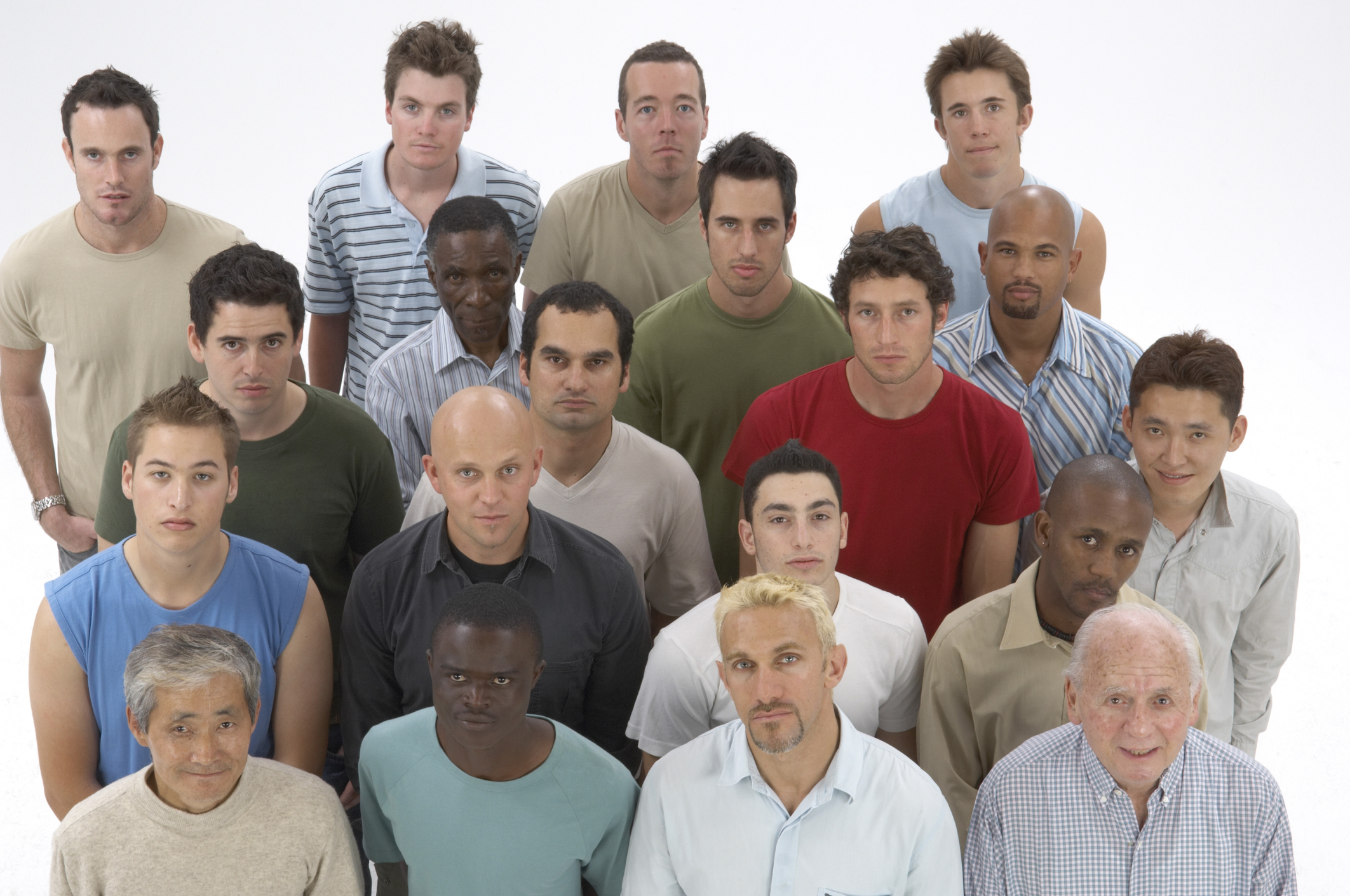Women like dyads - men like groups
According to social psychology, stereotypes about groups tend to be accurate. This makes sense, because you'd expect an inverse Gresham's Law to operate: accurate stereotypes make you better at life; inaccurate stereotypes make you worse. It's like how markets drive out taste-based discrimination (racism, sexism) by making people pay for their unjustified prejudices. One such accurate stereotype is that women prefer one-to-one dyadic relationships, and men prefer membership in larger groups, particularly hierarchical coalitions.
New evidence for this comes in a recent study: "Women Favour Dyadic Relationships, but Men Prefer Clubs: Cross-Cultural Evidence from Social Networking" (full html paper) by Tamas David-Barrett, Anna Rotkirch, James Carney, Isabel Behncke Izquierdo, Jaimie A. Krems, Dylan Townley, Elinor McDaniell, Anna Byrne-Smith, and Robin I. M. Dunbar.
They added to the literature supporting this result in a rather interesting way:
The ability to create lasting, trust-based friendships makes it possible for humans to form large and coherent groups. The recent literature on the evolution of sociality and on the network dynamics of human societies suggests that large human groups have a layered structure generated by emotionally supported social relationships. There are also gender differences in adult social style which may involve different trade-offs between the quantity and quality of friendships. Although many have suggested that females tend to focus on intimate relations with a few other females, while males build larger, more hierarchical coalitions, the existence of such gender differences is disputed and data from adults is scarce.
Here, we present cross-cultural evidence for gender differences in the preference for close friendships. We use a sample of ~112,000 profile pictures from nine world regions posted on a popular social networking site to show that, in self-selected displays of social relationships, women favour dyadic relations, whereas men favour larger, all-male cliques. These apparently different solutions to quality-quantity trade-offs suggest a universal and fundamental difference in the function of close friendships for the two sexes.
This plays into Roy Baumeister's & Kathleen Vohs's work (see e.g.) on some of the sex differences (again, these may be biological or socially/culturally constructed) that may be working to underly differences in labour market activity and in turn the gender wage gap.
There is no inherent reason why men and women must have on average similar lives in order to have equally good lives; or in order for them both to have as good lives as possible (even if not equally good). It's OK for there to be differences between men and women.

